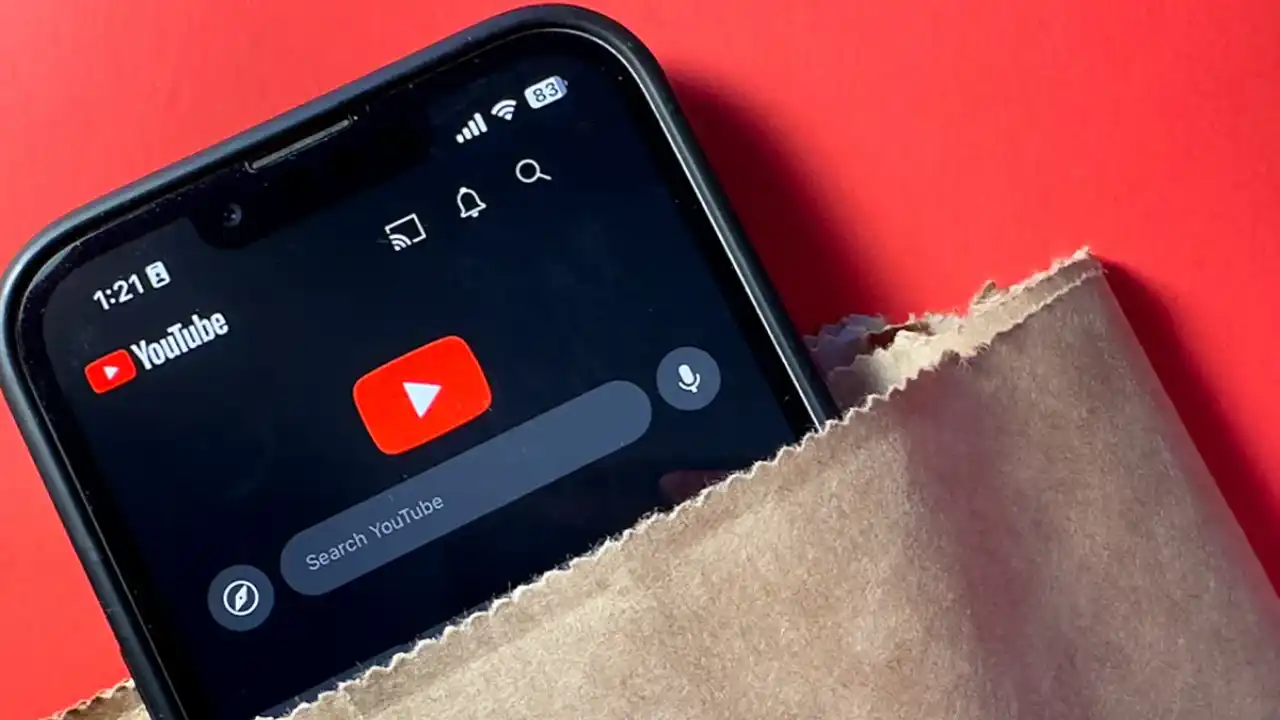Several content creators are voicing frustration over what they believe is YouTube applying AI-powered edits to their Shorts without asking for permission. According to these creators, their videos appeared noticeably different once uploaded on the platform, as if new filters or effects had been added.
The issue gained attention after YouTuber Rhett Shull compared one of his videos posted on YouTube with the same video uploaded on Instagram. He highlighted how the YouTube version looked “smoothened,” with his face appearing almost painted over, suggesting an AI effect was automatically applied.
A similar observation was shared in a Reddit post titled “YouTube Shorts are almost certainly being AI upscaled.” The post included screenshots showing differences in video resolution and details, further fueling concerns that AI was altering Shorts without creators’ knowledge.
In both cases, users claimed their videos were being modified—faces looked smoother, hair appeared more polished, and even wrinkles on clothing seemed to disappear. Many called this practice misleading, especially since YouTube had not communicated these changes directly to creators.
YouTube Responds: “It’s Not Generative AI”
Addressing the growing criticism, Rene Ritchie, YouTube’s head of editorial and creator liaison, clarified on X (formerly Twitter) that the platform is testing traditional machine learning tools, not generative AI.
According to Ritchie, the technology being tested aims to unblur, denoise, and enhance clarity in Shorts—similar to what modern smartphones do when recording videos. He stressed that this experiment does not involve upscaling or generative AI systems such as large language models or transformers.
Despite this explanation, many creators remain unconvinced. Some argue that labeling the changes as “machine learning” instead of AI is confusing and feels like a way to downplay the issue.
Creators Say It’s About Trust
For creators like Shull, the concern isn’t just about the technology itself but about trust between YouTube and its creators. In his video, he stated:
“The most important thing I have as a YouTube creator is trust. Replacing or enhancing my work without my consent not only breaks that trust with my audience but also damages my trust in YouTube.”
This sentiment has resonated with many other content creators, who feel that their creative control is being compromised.
Final Thoughts
While YouTube insists this is only a small-scale experiment using machine learning, the lack of communication has sparked a bigger debate. For creators, even subtle edits made without consent raise questions about ownership, authenticity, and the transparency of platforms that host their content.
As Shorts continue to grow in popularity, YouTube may need to reconsider how it introduces experimental features—and ensure creators are kept in the loop.
